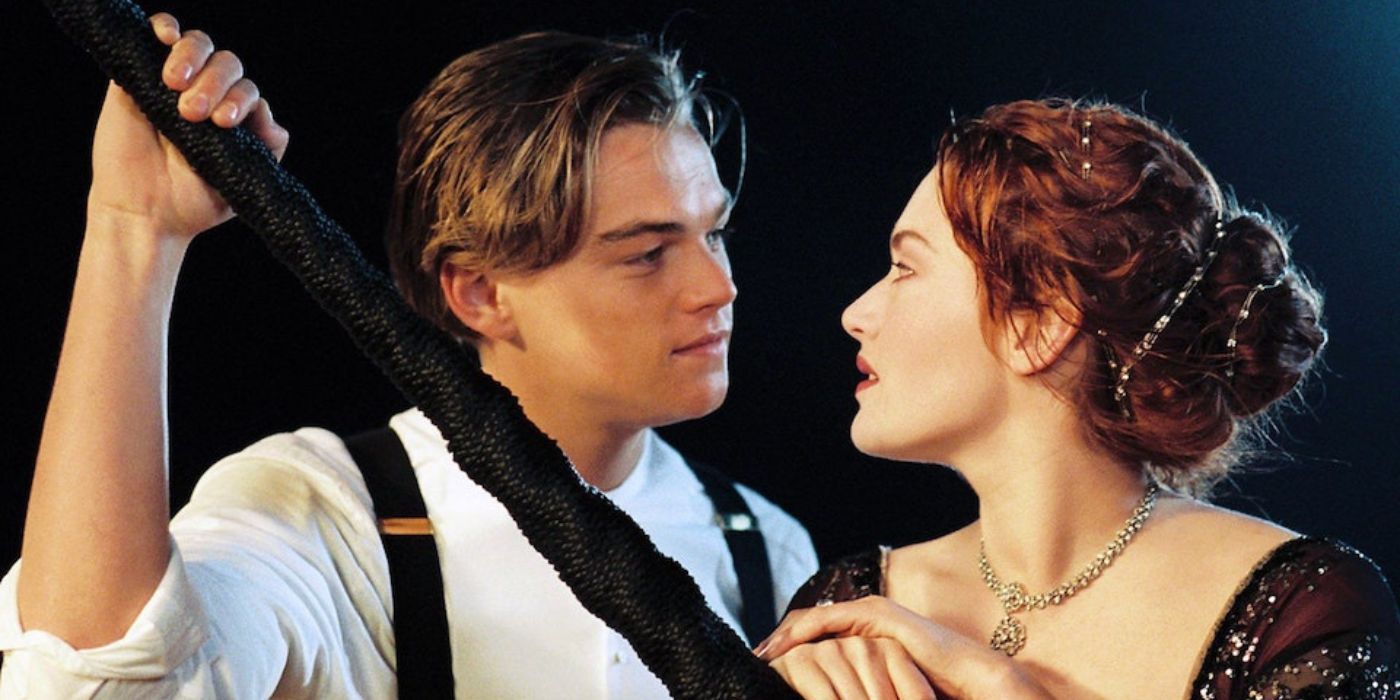
It’s considered one of the greatest love stories of the past century. A young man and woman of vastly different means meet in the middle of the Atlantic Ocean aboard a ship bound for a tragic end. One dies to save the other, he, sinking into the freezing deep, while she, wistfully promising that she’ll never let him go.
Titanic did a lot of things for people alive in the 1990s. It made us weep. It pushed us to rethink boundaries between the rich and poor. And it taught us about the human devastation of a real-life disaster.
As Celine Dion soulfully crooned, our hearts have gone on and on and on for the ballad of Jack and Rose. Some, however, have had more trouble than others with moving on.
These people know who they are. They’re the ones who were mere teenagers when they watched Titanic for the first time, their conceptions of romance forever shaped by the sight of a destitute artist and a wealthy heiress dancing an Irish jig. They are, in fact, the numerous letter writers who wrote pleadingly and accusingly to director James Cameron years after the movie screened with a single question:
“Why did Rose let Jack die?”

This is the crux of a viral meme that started making the rounds a few years ago, more than a decade after Titanic came out in 1997. The idea is that there was ample space for both Rose and Jack to fit on the makeshift raft on which Rose staves off hypothermia before being saved. But instead of sharing, Rose lets Jack cede the entire board to her, leaving him to freeze in the water as she dramatically grips his hands.
So was Rose just selfish? Titanic fans who subscribe to this “room for two” notion have called our female protagonist any number of vile names that cannot be repeated here. But this week saw the most biting indictment yet of the contentious heroine – one from the person closest to Rose herself.

Actress Kate Winslet appeared on Jimmy Kimmel Live on Monday to discuss her varied and prolific career. Referring to Winslet’s proximity to Titanic co-star Leonardo DiCaprio at the Screen Actors Guild Awards over the weekend, Kimmel quipped, “People were very excited that you were sitting next to or near (DiCaprio) at the show, even though in a way you let him freeze to death in the water, because the way I see it -”
“No, I agree,” Winslet interjected, nodding. “You know, I think he could have actually fit on that bit of door.”
“There was plenty of room on the raft!” Kimmel said.
Winslet concurred: “I know! I know!”
Well, that settles it. Even the actress who played Rose isn’t on her side. Cameron, on the other hand, has been more defensive of his character. When asked about the controversy in 2012, the director gave a response upholding the film’s romance:
“It’s not a question of room; it’s a question of buoyancy. Jack puts Rose on the raft, then he gets on the raft – he’s not an idiot; he doesn’t want to die – and then the raft sinks. So it’s clear that there’s really only enough buoyancy available for one person. So, he makes a decision to let her be that person.”

Awwww. Except, wait. Now Cameron was adding science to the mix, and where there’s science, there must be experimentation. The following month, MythBusters put Cameron’s “limited buoyancy” claim to the test in an episode about “the most requested myth in MythBuster history.”
Based on hosts Adam Savage and Jamie Hyneman’s calculations, Rose was drifting on the door-cum-raft for about 63 minutes before she was rescued. Savage and Hyneman wore life jackets constructed with the same materials used during the Titanic era (early 20th century), and Hyneman floated on a raft made from the same kind of wood used in the movie while Savage attempted to get on beside him.

It took Savage several tries to climb aboard and stabilise the raft, and at that point the board was sunk deep enough into the water that they were still at risk of drowning. But then the MythBusters realised that if they tied “Rose’s” life jacket underneath the raft, they could comfortably prop themselves up on it for 63 minutes while keeping 80 percent of their bodies dry.
“However noble Jack’s intentions might have been, sometimes discretion is the better half of valor,” Hyneman said sanguinely. “With all we’ve learned, I think Jack’s death was needless.”
